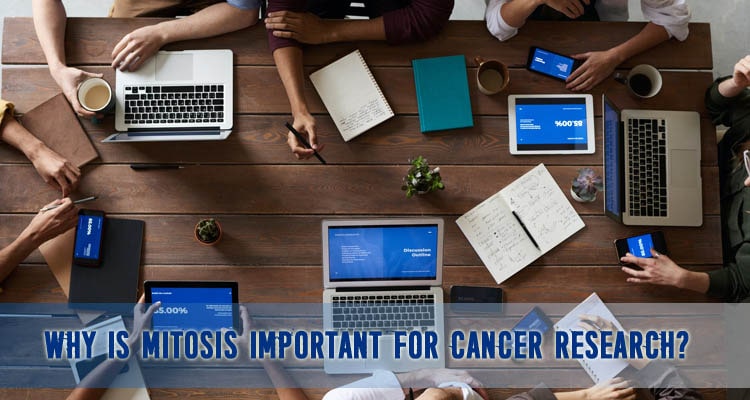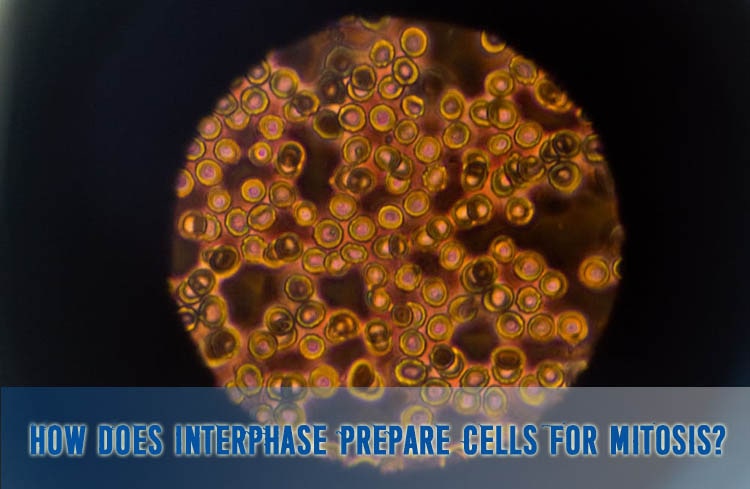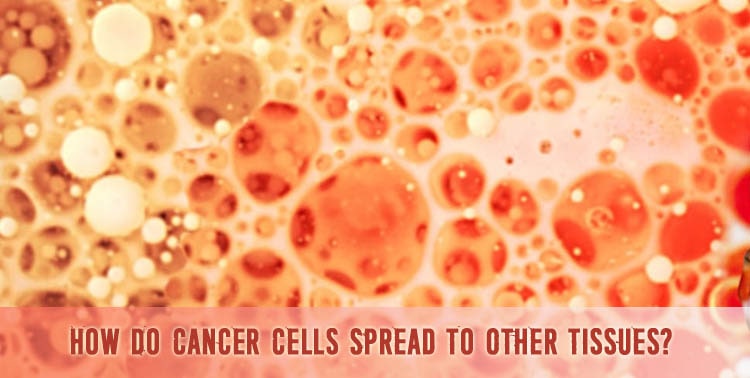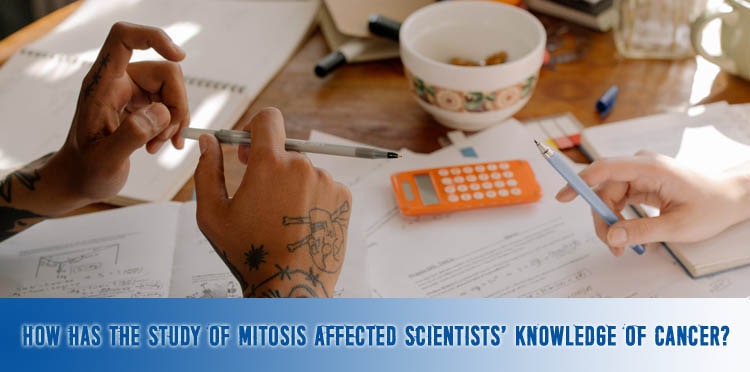Though cancer is a widespread disease these days, researchers haven’t found any particular reasons that cause this disease.
However, they have figured out some of the risk factors, but people who are not vulnerable to those factors are affected by it!
Scientists are researching relentlessly to discover a cure for this disease, but the miracle is yet to happen.
But the study of Mitosis has given a clear knowledge about carcinoma, which was a great help to solve some issues regarding this disease.
So how has the study of Mitosis affected scientists’ knowledge of cancer? If you want to know the answer, this is the right place!
Let me tell you everything about the contribution of this study to solving some questions concerning cancers.
Why is Mitosis important for cancer research?

Why is Mitosis important for cancer research
A human body is made of trillions of cells; they help us grow and heal our damages by reproducing. And Mitosis is the most common form of cell division that happens in our body.
During Mitosis, a human cell creates a replica of it and forms two cells. Each cell contains the same 23 pairs of chromosomes, and that’s why every cell in our organism is the same.
The chromosomes are bundled in the cell’s nucleus. In this process, they line up and copy. Then they split up and keep repeating this process until no new cell is required. This is how they form organs or heals our wounds to keep us alive.
So what is the contribution of Mitosis to cancer? Let’s get to that part now!
Mitosis is controlled by the genes living inside the human cells. The process of Mitosis stops when it gets the command they no further cell generation is required.
But when a cell loses control keeps going through Mitosis over and over again, that cell becomes a cancerous one!
Cancer cells continue to replicate uncontrollably, forming lumps or masses of tissues known as tumors. And the dangerous fact is that these cancerous cells can travel through your blood vessels or lymph systems to infect other tissues as well!
So how has the study of Mitosis affected scientists’ knowledge of cancer, you ask? Well, the study of Mitosis has shown us the primary reason that causes the spreading of cancer.
Therefore, in the treatment of cancers, doctors aim at killing those cells that are repeating Mitosis continuously.
The most popular cancer treatment is chemotherapy, but various types of cancers are treated in different ways.
But mainly, this disease is treated by terminating the cells which have gone rogue by repeating Mitosis over and over again.
How does Interphase prepare cells for Mitosis?

How does Interphase prepare cells for Mitosis
The Interphase is the first step of preparing cells for Mitosis, and it is done in three steps; they are
- G1 phase
- S phase
- G2 phase
However, there is also a G0 phase where cells take rest before entering the cell cycle. Now let me tell you how Interphase prepares cells for Mitosis.
G1 Phase
During this phase, the Ribosome in the cell synthesizes protein to increase its size. The numbers of ribosomes are also increased in this phase. When enough ribosomes are composed to synthesize DNA packaging, the cell enters into the S phase.
S Phase
DNA replication occurs during this S phase. In this phase, the DNA produces a huge number of phospholipids. These phospholipids are involved in the synthesis of the cell.
The numbers of phospholipids are doubles to create two daughter cells, which are enclosed by membranes.
G2 Phase
The replication of organelles occurs in this G2 phase. A cell in this phase has a double amount of DNA than the G1 phase. This phase ensures that the DNA is intact and didn’t get damaged in the previous phases.
G2 phase is the final checkpoint before the cell enters into the mitosis process. And that’s how the Interphase prepares cells for mitosis division.
About the Fungating Breast Cancer and Bilateral Breast Cancer
How Do Cancer Cells Spread to Other Tissues?

How Do Cancer Cells Spread to Other Tissues
There are two types of tumors, benign and malignant. The benign tumors are harmless as they remain confined and never return once removed.
By contrast, malignant tumors are not happy with what they want. So they keep growing and reach a point where they break apart, releasing the cancerous cells.
Normal human cells release a substance that helps them to stick together and form a group. But cancer cells can roam around independently. This quality allows them to travel through your blood vessels or lymph systems.
When this condition occurs, it means that your cancer has reached an advanced stage. Metastasis is one of the terminal stages of cancer, and once it happens, it gets hard to cure this disease.
Does everyone have cancer cells?
No, you don’t have to be afraid because not all of us have cancer cells in their body. During Mitosis, our body may produce some damaged cells, but that doesn’t mean that we are destined to suffer from cancer.
But this disease can happen to anyone. Researchers have found some risk factors that can make us vulnerable to carcinoma. Let me tell you about some of the risk factors that we should avoid for better health.
Risk Factors of Cancer
- Tobacco intake or smoking cigarettes
- UV Rays from sunlight or any other sources
- Exposure to radiation such as radiation treatment
- Unhealthy lifestyle and diet
- Genetic inheritance
- Lack of exercise
- Exposure to harmful chemical and the environment
It also happens to people who have never been exposed to these risk factors at all! But if you stay alert, you may dodge the risk of carcinoma; who knows!
Final Verdict
Hopefully, this article answers how the study of Mitosis affected scientists’ knowledge of cancer so you can have a better idea.
Though there is not any certain way to stop this genetic mutation, if you recognize the symptoms at an earlier stage, this disease can be a cure.
So take good care of your body and make wise health choices to be on the safe side!
We talk about more Cancer
Fungating Breast Cancer, How Do Cancer Cells Differ from Normal Cells, How to Make a Cancer Man Miss You, Bilateral Breast Cancer

